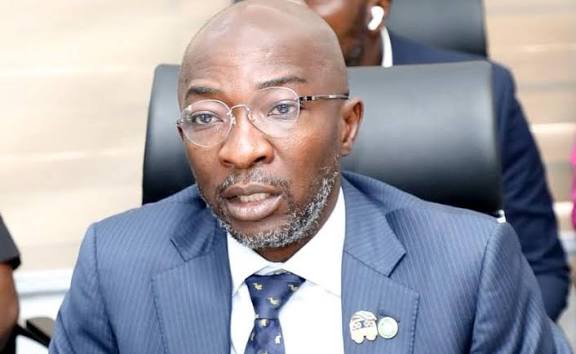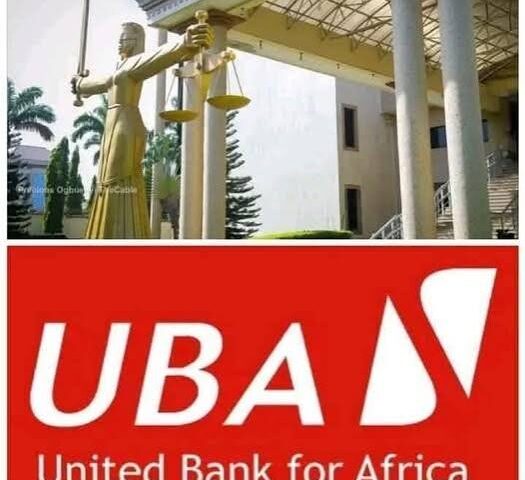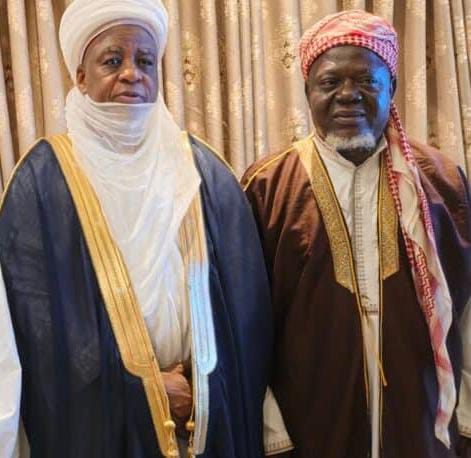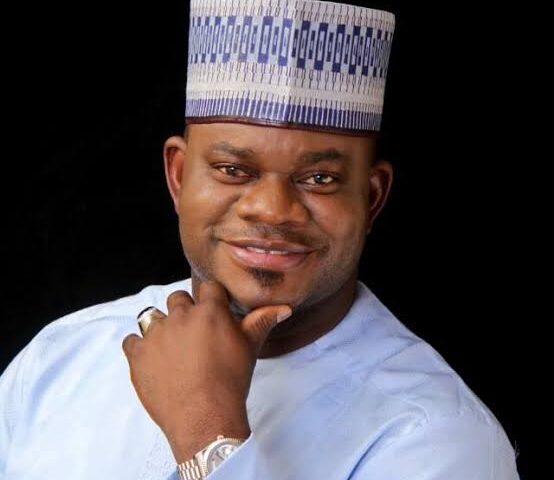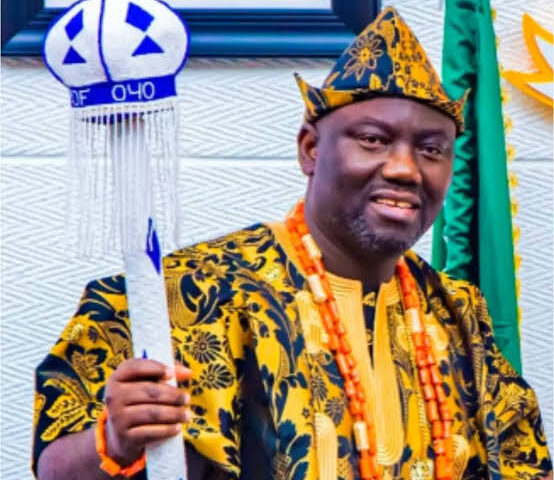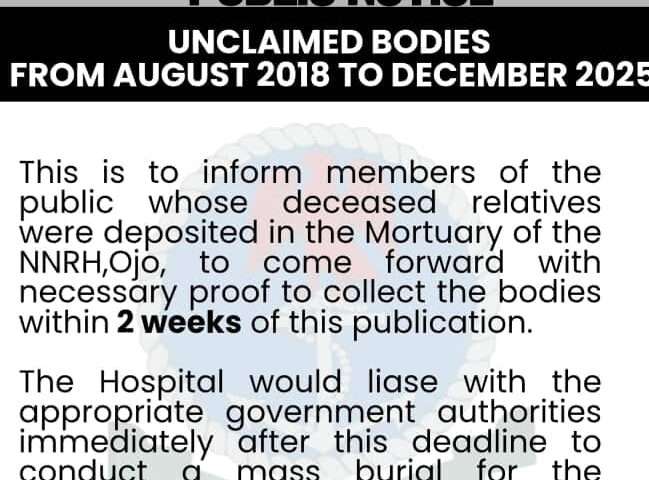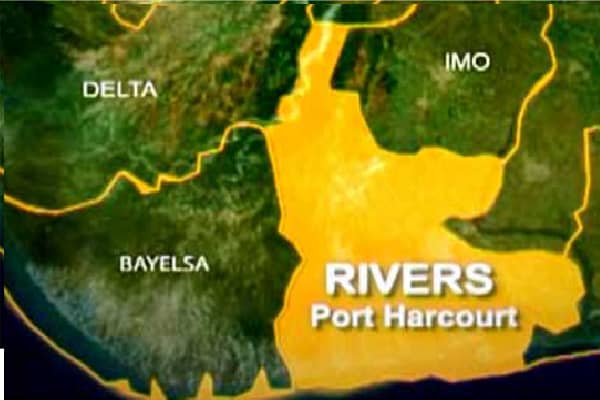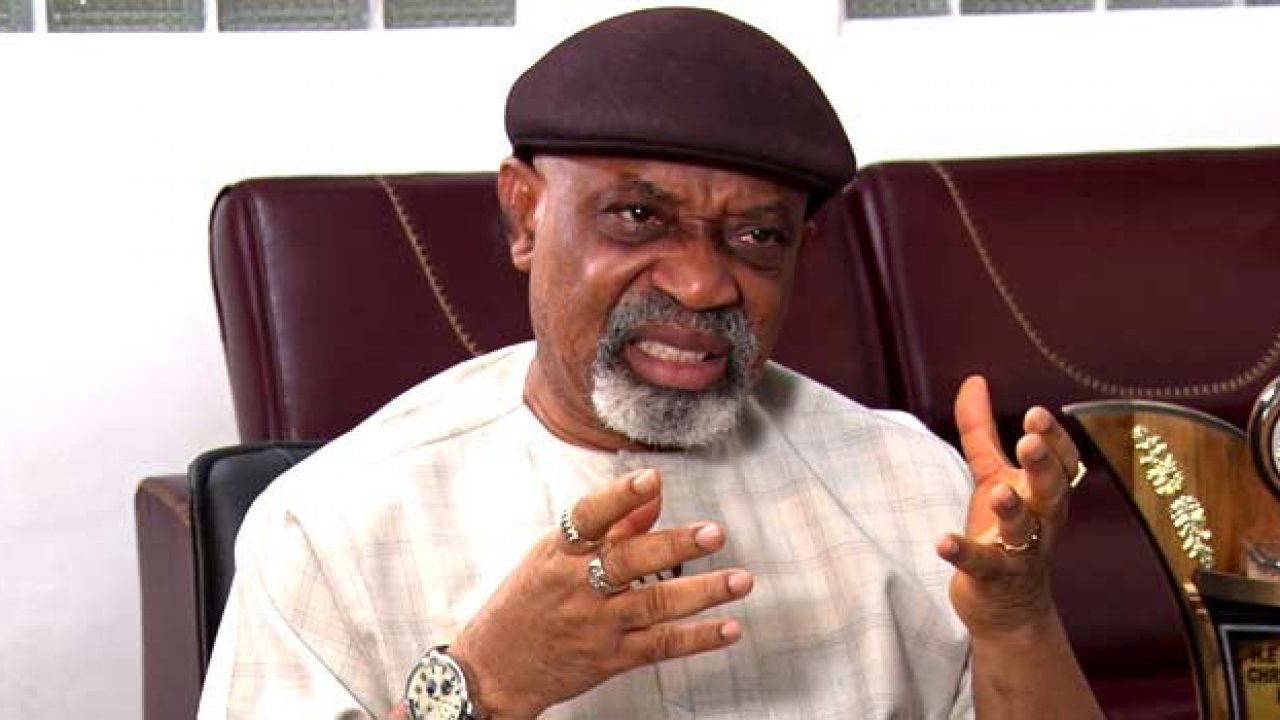
The Federal Government says it would not tone down on the application of ‘No Work,No Pay’ policy on striking resident doctors in the country.
Minister of Labour and Employment, Chris Ngige, disclosed this to State House correspondents after meeting with President Muhammadu Buhari at the Presidential Villa.
He insisted that the ‘No Work, No Pay’ policy would be observed because
He explained that it is a global practice that is also captured in Section 43 of the Trade Dispute Act under the International Labour Organization (ILO).
He stated: “ As you well know, the resident doctors are still on strike, their strike has now entered the 33rd day today. Meanwhile, the government is doing everything possible to make sure they get back to work.Of their 12-point issues raised in their demands, we have done all, we have come to an agreement on all, including those that even affect the Medical and Dental Consultants Association of Nigeria and medical doctors who are in academics and teaching universities.
“So, we have handled all, the only point of disagreement now is that they said that the agreements and the memorandum of action, the government should insert, include that Section 43 of the Trade Dispute Act will not apply to them.
“That section says that when a worker withdraws his services from his employer, the employer is at liberty to withhold payment of emoluments to him and the ILO principles at work and strike said you can use that money to pay other people you have engaged in that particular period of the strike.
“So, you have a right to strike, but your employer has also the right to withhold your emolument. More importantly, in other climes, before unions go on strike, by that principle, they discuss with their workers and bring out what they call strike funds and it’s from that strike funds that the union will use to pay the workers who have gone on strike. They will also agree on the number of days the strike will last.
“That’s why overseas and in other climes, you don’t see strikes getting more than three days or four days or five days, highest and more importantly again, people on essential services, medical services, in particular, where you can lose life, they don’t go on strike any anyhow. They only do picketing and things like that, because people’s lives are involved.”
According to him,the government had earlier applied the ‘no work, no pay’ rule on some unions that embarked on strike.
“So, this is where we are with them and we are saying that even if anybody cares to put it in any agreement, that clause will be void ab initio because it’s against the law of the land and we will not, as a government, succumb to undue arm twisting and then go and sign that. Other workers have lost their pay during strikes; the Joint Health Systems Union (JOHESU), they lost their pay in 2018 when they went on four months strike, they lost about two or three months pay when the no-work, no-pay was invoked.
“Academic Staff Union of Universities (ASUU), no-work, no-pay applied to them. Nobody paid them anything for six months and it was during COVID-19. So, we can handle things administratively, but nobody should arm-twist.
“I briefed Mr President and we’ve agreed that they should come back to work and if they come back to work, we can take other things from there; we’ll drop the case in court and then they will come back and get things done.
“The Salaries, Incomes and Wages Commission, in conjunction with the Office of the Head of Service, had a meeting and they are jointly going to do a circular that will be issued for Salaries, Incomes and Wages to reiterate that the House Officers and Youth Corps doctors are still on CONMES scale, one and two respectively. So, I think we are doing the implementation”




